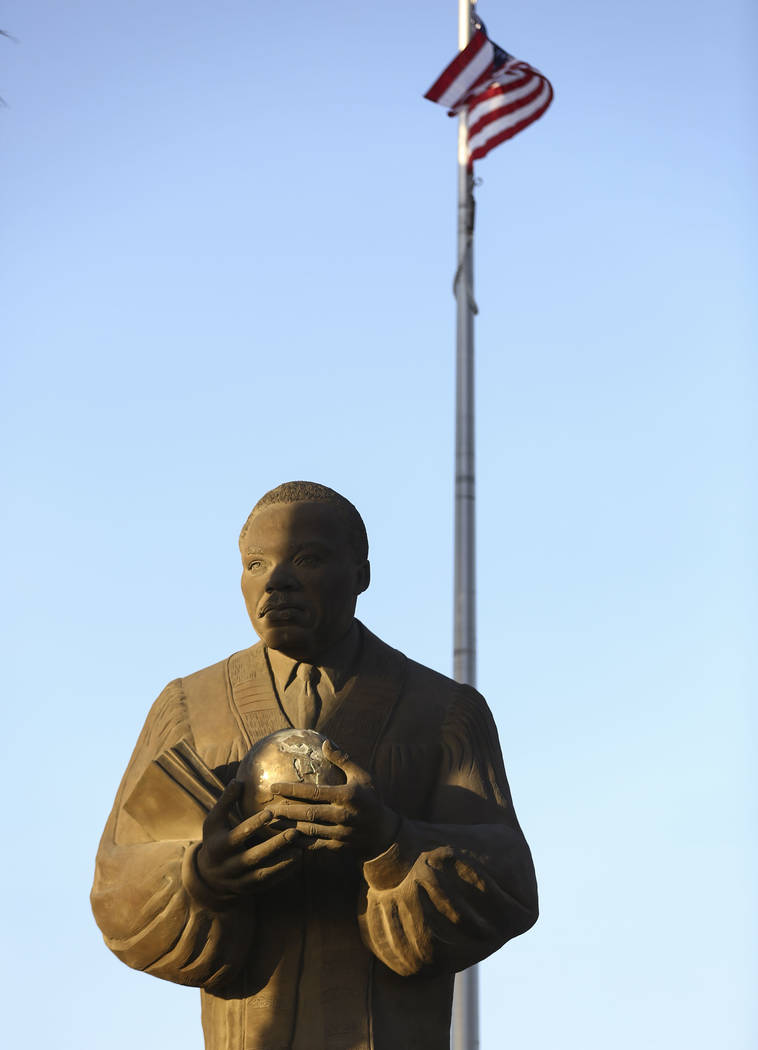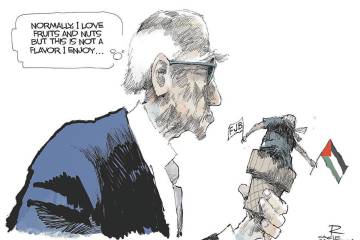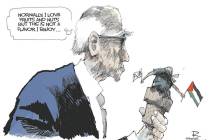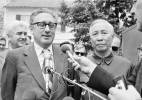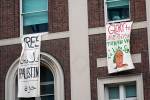COMMENTARY: MLK Day — celebrating the life of a freedom fighter
Martin Luther King Day is unique among American holidays in that it honors the one American who delivered the fulfillment of a core value expressed in the country’s Declaration of Independence in 1776. The Declaration’s self-evident truth “that all men are created equal,” simply wasn’t realized when the U.S. Constitution was ratified some 14 years after the Declaration.
The institution of slavery that had become woven into the economic fabric of southern states did not die out of its own accord, as the framers of Constitution anticipated. That evil could be eradicated only by a Civil War — one that would cost the nation some 620,000 men. Unfortunately, even after the Civil War ended, equality was not realized.
Instead, slavery’s end marked the beginning of almost another century of institutional prejudice against blacks, particularly in America’s southern states.
When Martin Luther King, Jr. came of age in Atlanta in the 1940s, Jim Crow laws mandated racial segregation in public facilities and transportation, including trains and buses, public schools, public places, restaurants, public bathrooms and even drinking fountains. King was clearly gifted, graduating from Morehouse College in 1948 when he was just 19. He followed in his father’s footsteps in the ministry and earned a theology doctorate from Boston University. After marrying Coretta Scott, he began full-time pastorship in 1954 at Dexter Avenue Baptist Church in Montgomery, Alabama.
When Rosa Parks, secretary of the Montgomery chapter of the NAACP, came to the Dexter Avenue Baptist Church to learn about nonviolent resistance, King had no idea what was about to happen. Only four days later, Parks would stand firm against the humiliation of discrimination — refusing to give up her public bus seat to a white passenger. That led to her arrest and triggered the Montgomery Bus Boycott, a nonviolent action that would last 381 days until the Supreme Court declared the city’s segregationist laws unconstitutional.
The Montgomery Bus Boycott was a catalyst for a restoration of dignity and minority rights throughout the south, and King was thrust into a leadership role, helping found the Southern Christian Leadership Conference. In cities throughout the south, King championed minority rights, marching for labor and voting rights, conducting sit-ins and prayer vigils. He received the Nobel Peace Prize in 1964.
But the actions that got him accolades from some also brought him threats, beatings, bombings and assassination attempts from other people resisting change. Through it all King strived to lead by example of forgiveness, tolerance and nonviolence — and would go to jail 29 times to advance the cause of freedom and human dignity, ultimately giving his life to an assassin’s bullet in 1968.
In King’s most famous “I have a dream” speech — delivered before the Lincoln Memorial in Washington on Aug. 28, 1963 — it was as if the Almighty were calling America to rise up and fulfill its spiritual destiny declared 200 years earlier in the Declaration of Independence. A self-evident truth “that all men are created equal” where “people will not be judged by the color of their skin but by the content of their character.”
Martin Luther King Day has become one of our great holidays, unique in beckoning us all to live by honorable principles that include tolerance and empathy.
Scott S. Powell is senior fellow at Discovery Institute in Seattle. Reach him at scottp@discovery.org.



